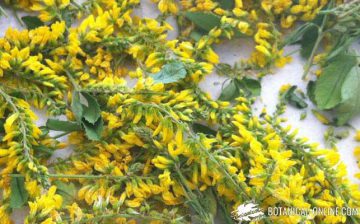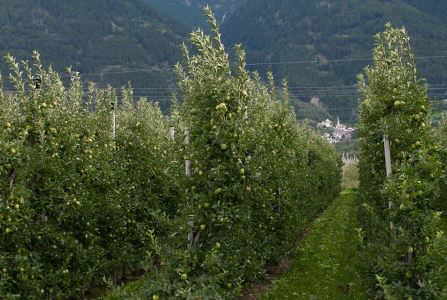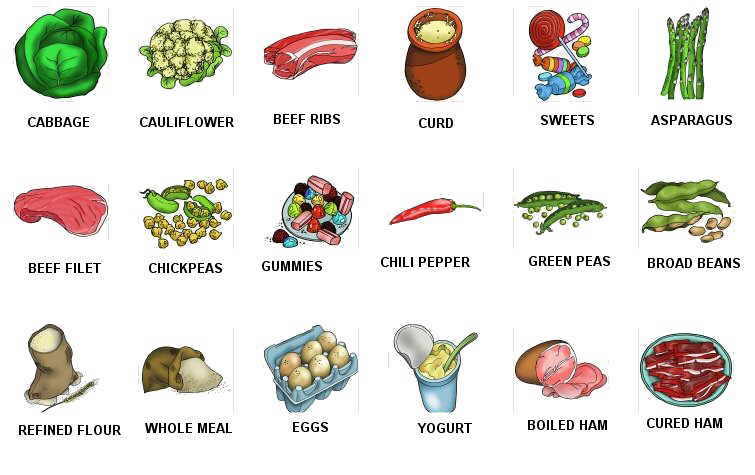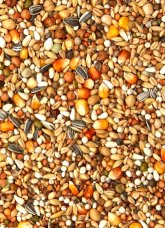Precautions with the use of Melilotus
The active substance of the plant, coumarin, fluidizes the blood and stimulates blood microcirculation, so that it is used mainly in all those discomforts related to problems of poor circulation.
Since the meliloto is a plant that fluidizes the blood and on the other hand acts as a vasoconstrictor, it is advised to use it under medical criteria, since an excessive dose can lead to bleeding problems.
Likewise, special care must be taken not to consume poorly dried flowers that could have fungi, since, in that state, the meliloto becomes hemorrhagic, due to the action of dicumarol, although the danger also depends a lot on the dose used.
What contraindications does Melilotus present?

It is contraindicated in the following cases:
- Digestive ulcers: Due to the ability of coumarin to fluidize the blood, its use is not advised in case of ulcers to avoid excessive bleeding or bleeding: stomach ulcer, etc.
- Ulcerative colitis: The consumption of plants with coumarins is not recommended due to the risk of excessive bleeding.
- Lack of platelets and coagulation problems: Those with hypocoagulation or blood clotting problems should refrain from consuming plants with coumarins.
- People with bleeding: People with active bleeding (nosebleeds or epistaxis, haemorrhage, hemoptysis or blood in a cough, bleeding hemorrhoids, etc.) should not take it.
- Anticoagulant drugs: The coumarins in the plant may interfere with the effect of other drugs or anticoagulant plants such as warfarin or sintrom.
- Pregnancy: Due to the presence of components with estrogenic effect, it is not advisable to carry out treatments with the plant during pregnancy. Your safety during breastfeeding is unknown.
- Young children: Young children should not consume large amounts of leaves because its nitrate content can produce blue baby syndrome.
![]() More information on Melilotus
More information on Melilotus








